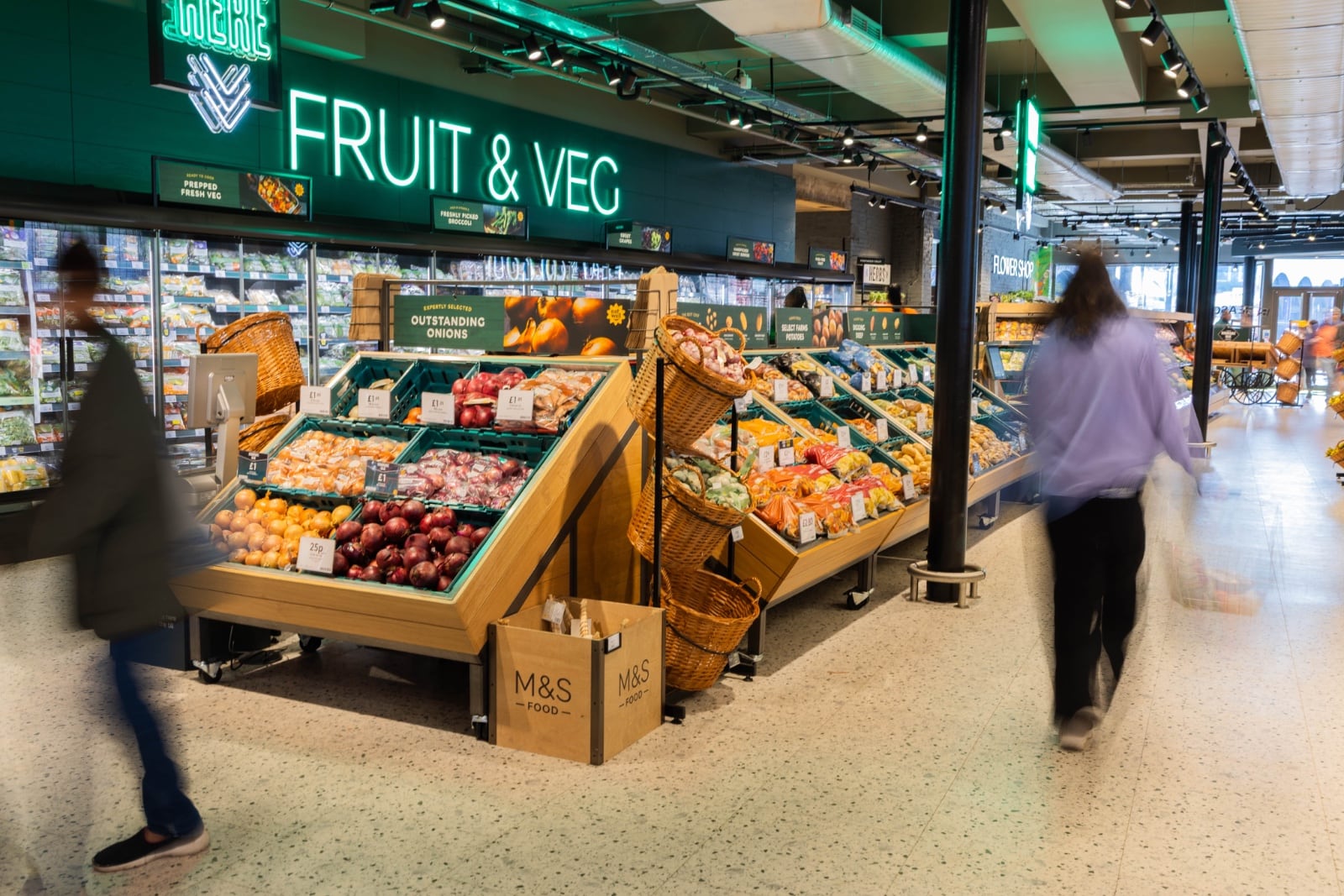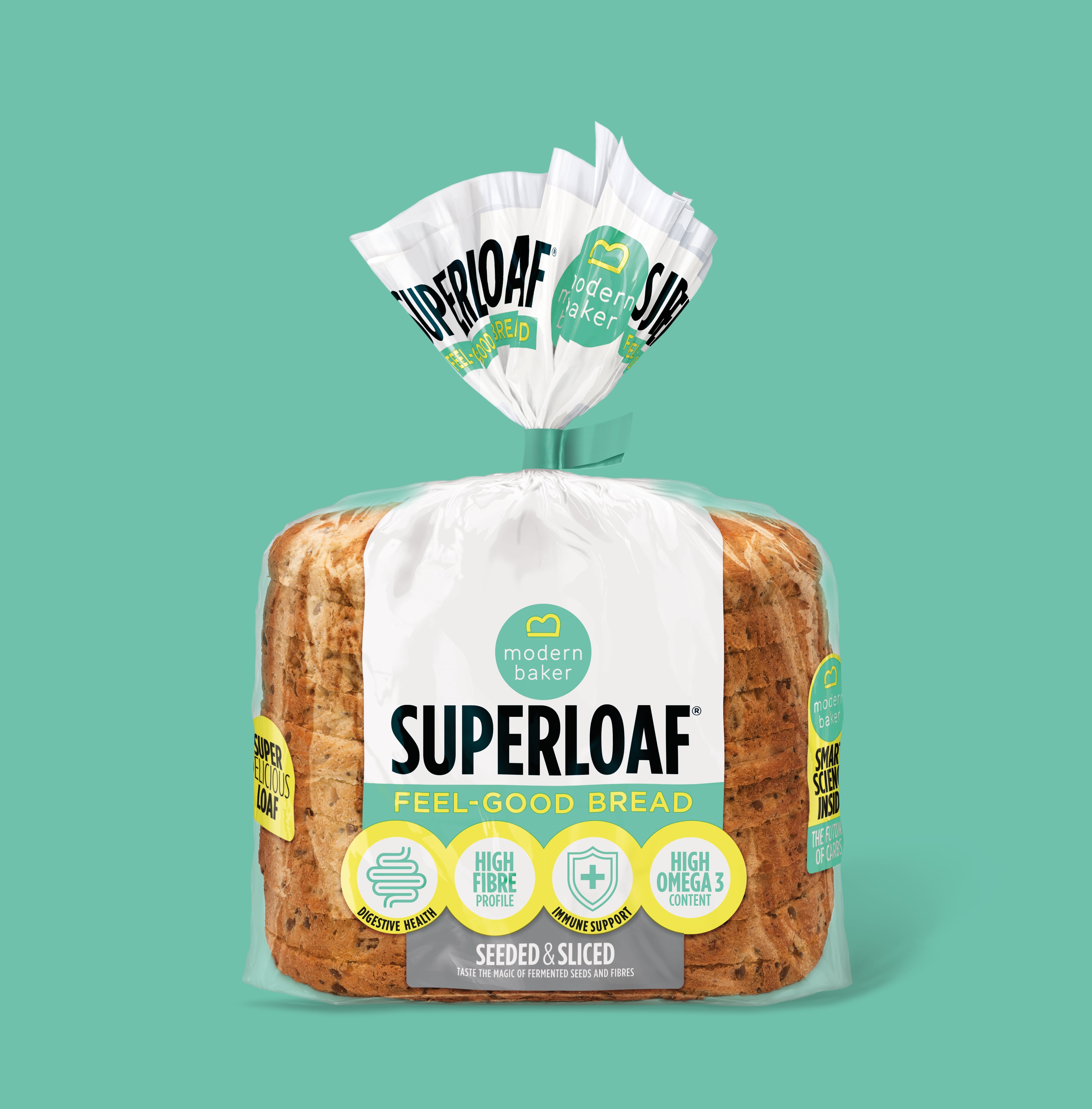The premium retailer seems to have dominated across all social channels over the few months with its bold launches – from authentic Spanish Pan de Cristal to indulgent cookie cup desserts and, of course, that infamous strawberry and crème sandwich.
Why is M&S killing it with innovation?
Whether you like it or not, the retailer has got everyone talking – and it always appears to be the first among the supermarkets to launch something new, with others quickly releasing copycats (Tesco birthday cake sandwich, anyone?).
For Guy White, CEO of Catalyx, its forward-thinking approach is down to its strong brand reputation – it’s trusted enough to take risks, but it’s also down to necessity.
“M&S are doing well on innovation for two reasons,” White said. “Firstly, because they have to. As a premium food hall, they have to innovate and stand out. It is expected. It is why people visit. And so it’s a self fulfilling prophecy that gives them latitude to try things in a way that would not fly for Tesco or Asda.
“Secondly, they benefit from security of having such a deep reservoir of consumer trust. Other brands without that heritage and long-term trust probably have to be more cautious. M&S can try new things and, if they get it wrong, they will be forgiven.”
Flavour first, nutrition last?
“It feels like they’ve been on a mission to source and develop the very best, most exciting food out there,” added new product development (NPD) expert Lucy Wager.
“There’s a clear energy and pace to the innovation, and even nostalgic favourites are making a return – just today [23 July 2025] I spotted the Chicken Tikka Sandwich back on shelves. As a customer, it’s genuinely exciting.
But there’s something about this new wave of innovation that also feels a bit rebellious, Wager noted.
As the ex-M&S new product developer told Food Manufacture, at a time when we’re facing a national obesity crisis, growing concerns about food security, and the urgent need for long-term sustainability, there’s something about this wave of innovation that just feels “off”.
“Products like the cookie cups and chunked and loaded cookies from the in-store bakery are calorie-laden, nutritionally empty, and arguably flying in the face of what we know needs to change,” she said.
There’s something about this new wave of innovation that also feels a bit rebellious.
Lucy Wager, independent NPD consultant
“There seems to be a shift away from doing the right thing, towards doing the thing that grabs attention and drives sales through indulgence and sensory appeal.
“As a product developer, I feel deeply conflicted. I care passionately about creating food that’s better for people and the planet – but I’m also a consumer, and yes, I’m intrigued.
“M&S are doing a brilliant job of re-engaging customers who crave bold flavour, global influence, and unashamed treats. In many ways, this is their sweet spot – it’s what they’ve always done best. So can we really criticise them for leaning into that?
“Maybe not. But it raises bigger questions.
“Are they missing an opportunity to lead on the bigger picture – to help shape a healthier, more sustainable food future?
“You could argue they’ve made a nod in that direction with their one-ingredient range – but to me, that felt more like a marketing moment than a genuine shift.
“And all of this starts to feel very at odds with Plan A because there is no Plan B – which was very much at the centre of everything we did when I was a developer there (admittedly a long time ago!). Have they simply decided that taste wins – no matter what?”
Undermining strategic progress?
Louis Bedwell, business unit lead, Future Food Movement, agrees some of the recent moves from M&S have been…interesting.
Whilst he applauded the retailer for its work within sourcing, growing and decarbonising, he cautioned that other launches could risk undermining these efforts.
“M&S has built one of the most serious innovation platforms in UK retail. The opportunity is to apply it with consistency and long-term direction,” he noted.
He pointed to three examples, highlighting these as structural investments with operational and commercial benefits:
- In Kent, a precision pollination trial used sound-triggered technology to increase bumblebee activity and improve strawberry yields.
- In poultry, biochar bedding reduced ammonia emissions, improved welfare and enriched fertiliser quality.
- Early-season British Tenderstem broccoli and low-carbon parsnips are now reaching shelves ahead of schedule using polytunnels and more efficient growing methods.
“These trials manage long-term risk,” said Bedwell. “They protect margin, strengthen supply resilience and respond to growing demand for lower-impact food production.
“In parallel, M&S has introduced more reactive launches, including single-ingredient corn flakes and ‘Punishment Juice’. Both attracted attention. Both raised concerns.”
Indeed, the one ingredient cereal – which lacks iron fortification – drew criticism for limited nutritional value, while its Punishment Juice was challenged for reinforcing negative diet culture.
“These launches risk undermining strategic progress,” Bedwell argued. “If reactive products dominate public perception, the depth and intent of long-term innovation may be lost. Customers begin to question what is signal and what is noise.
“M&S has already committed to the more difficult work. Reformulation, carbon reduction, resilient sourcing. These efforts carry commercial value and build trust over time. The risk lies in distraction. Visibility is not value.
“The business has the evidence base, the delivery infrastructure and the market position to lead sector-wide change. The decision now is where to focus. What scales defines what endures.”





